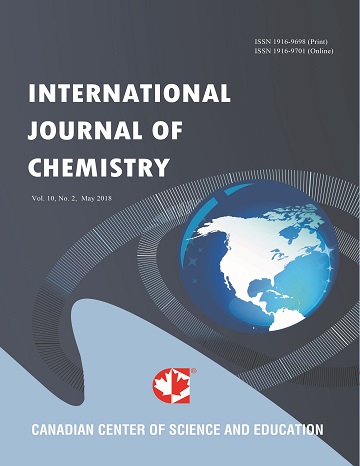In vitro and in vivo Evaluation of Hemocompatibility of Silk Fibroin Based Artificial Vascular Grafts
- Derya Aytemiz
- Yu Suzuki
- Tomoko Shindo
- Toshiki Saotome
- Ryou Tanaka
- Tetsuo Asakura
Abstract
Artificial vascular grafts with low thrombogenicity are generally required to avoid blood platelet adhesion and to minimize intimal hyperplasia, thus retaining vascular patency. In this study, we aimed to determine the acute and subacute hemocompatibility of silk fibroin (SF) grafts by in vitro and in vivo evaluation. Blood contact reaction with SF grafts was examined by thrombin-anti-thrombin III complex (TAT) formation, platelet activation level by beta-thromboglobulin (beta-TG), complement system response (C3a and SC5b-9), platelet and fibrin deposition and compared with commercially available polyethylene terephthalate (PET) artificial grafts in vitro. The biocompatibility and coagulation-inducing effect of coating materials were evaluated by in vivo implantation in rats. Two weeks after implantation, SF grafts showed low subacute coagulation. All blood parameters evaluated for animals implanted with SF-coated grafts showed almost the same values as those for sham-operated animals. Our results support the suggestion that SF will be a suitable material for vascular regeneration in future.
- Full Text:
 PDF
PDF
- DOI:10.5539/ijc.v6n2p1
Index
Contact
- Albert JohnEditorial Assistant
- ijc@ccsenet.org
